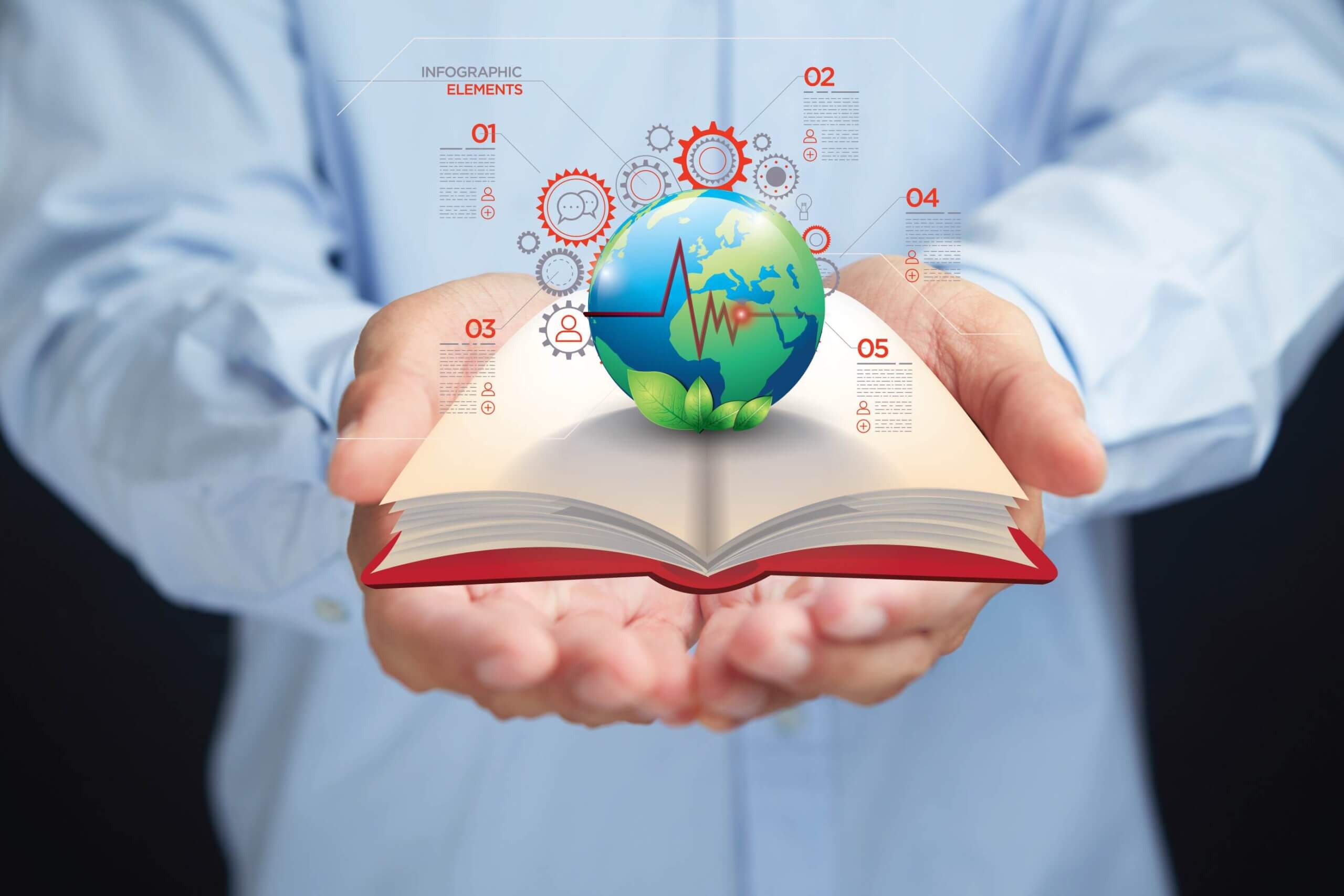In today’s world, the issue of plastic pollution has reached alarming levels, particularly in our oceans. Plastic waste poses a significant threat to marine life, ecosystems, and human health. Fortunately, there is hope on the horizon as scientists, engineers, and environmentalists are developing innovative technologies and strategies to combat this pressing problem.
Advanced Recycling Techniques
One of the most promising solutions to plastic pollution is the development of advanced recycling techniques. Traditional recycling methods have limitations, such as the inability to recycle certain types of plastics or the degradation of material quality after multiple cycles. However, advancements in technology are overcoming these challenges.
Companies are investing in state-of-the-art recycling facilities equipped with cutting-edge machinery capable of sorting, cleaning, and processing various types of plastic waste. Additionally, chemical recycling processes are being developed to break down plastics into their molecular components, allowing for the creation of new materials with properties comparable to virgin plastics.
Ocean Cleanup Initiatives
Another critical aspect of combating plastic pollution is removing existing waste from the oceans. Ocean cleanup initiatives leverage a combination of advanced technology, such as autonomous drones and floating barriers, and traditional methods, such as manual beach cleanups.
One notable project is The Ocean Cleanup, founded by Boyan Slat, which aims to deploy a fleet of passive cleanup systems to remove plastic debris from the Great Pacific Garbage Patch, the largest accumulation of ocean plastic in the world. These systems use natural ocean currents to concentrate and capture plastic waste, which is then efficiently extracted and recycled.
Sustainable Alternatives to Single-Use Plastics
While recycling and cleanup efforts are essential, preventing plastic pollution at its source is equally crucial. This involves transitioning away from single-use plastics towards more sustainable alternatives.
Biodegradable plastics, made from renewable resources such as cornstarch or sugarcane, offer a promising alternative to traditional petroleum-based plastics. These materials break down naturally over time, reducing their environmental impact. Furthermore, initiatives to promote reusable bags and products, such as water bottles, eco-friendly shopping bags, and food containers, help minimize the demand for single-use plastics altogether
Collaborative Efforts and Policy Initiatives
Addressing plastic pollution requires a coordinated effort from governments, businesses, non-profit organizations, and individuals worldwide. Policy initiatives play a vital role in regulating the production, use, and disposal of plastics, encouraging innovation and incentivizing sustainable practices.
International agreements, such as the United Nations Environment Programme’s Clean Seas campaign and the Basel Convention on the Control of Transboundary Movements of Hazardous Wastes and Their Disposal, aim to tackle marine pollution and promote circular economy principles. Additionally, industry-led initiatives, like the Ellen MacArthur Foundation’s New Plastics Economy Global Commitment, bring together businesses committed to eliminating unnecessary plastic packaging and increasing recyclability.
Conclusion
In conclusion, plastic pollution is a complex and urgent global challenge that demands immediate action. However, with the development of innovative technologies, the implementation of ocean cleanup initiatives, the adoption of sustainable alternatives to single-use plastics, and collaborative efforts from all stakeholders, we can turn the tide on plastic pollution and create a cleaner, healthier environment for future generations.










